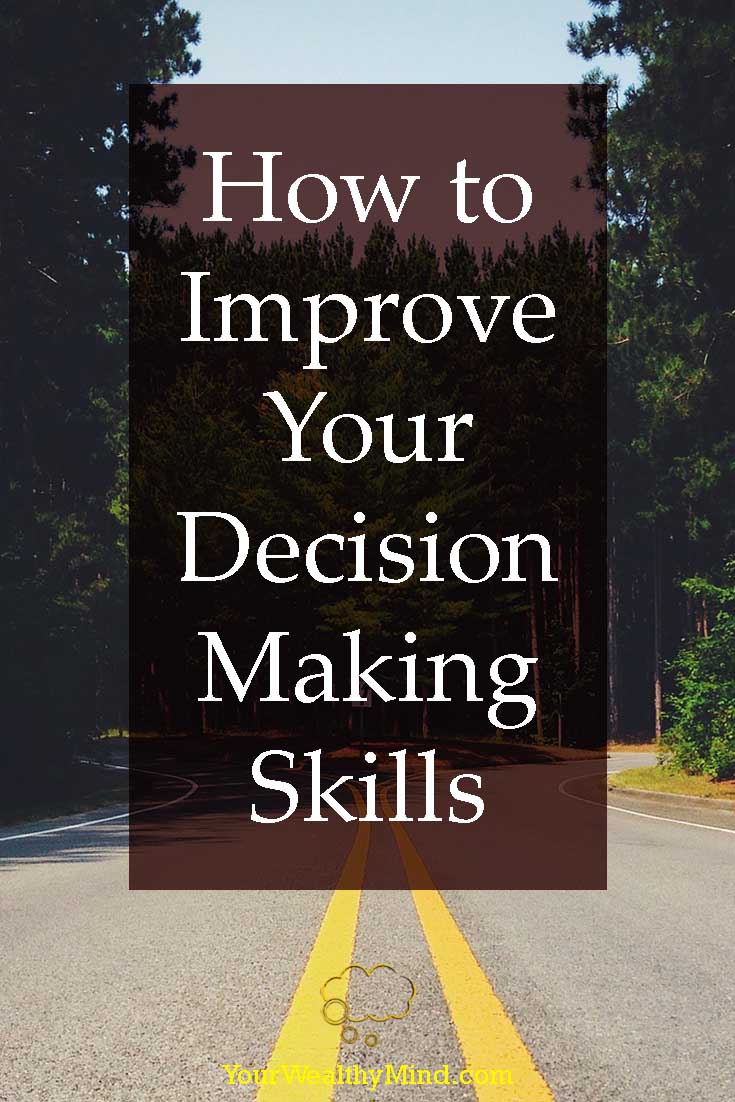Nurturing a Decision-Making Approach: Useful Strategies

In today's fast-paced world, the ability to make effective decisions is increasingly crucial than ever. Whether you are a student, a professional, or a leader, mastering the art of smart decision-making can significantly impact your success and well-being. Many people grapple with choices daily, from simple dilemmas about breakfast options to complex career decisions that could shape their future. The stress to make the right choice can often lead to anxiety and even paralysis by analysis, where overthinking hinders action.
Cultivating a decision-making mindset involves understanding the psychological, emotional, and social factors that impact our choices. By implementing proven techniques and frameworks, individuals can manage uncertainty with confidence and clarity. This article explores practical approaches to enhance your decision-making skills, helping you to avoid frequent mistakes and embrace a more strategic way of thinking. From harnessing the power of intuition to managing decision fatigue , we will uncover strategies that empower you to make confident, informed choices in both your personal and professional life.
Techniques for Efficient Decision Making
To enhance your decision making abilities, one effective technique is to create a well-defined decision-making framework. Begin by identifying the decision you need to make and the objectives you aim to achieve. List the criteria that are significant for the choice, and rank them. This organized approach not only clears up options but also helps focus on what truly matters, letting you to compare alternatives more effectively.
Another essential strategy is to adopt the power of pause. When faced with a critical decision, take a moment to reduce speed the thought process. strategic thinking doesn't mean overthinking, but rather giving yourself the space to assess your options thoroughly. The act of stopping can provide mental clarity, reduce stress, and lead to more thoughtful, decisive choices. It can be especially beneficial in high-pressure situations where hasty decisions might be tempting.
Lastly, develop the ability to understand emotions to better grasp the feelings and motivations behind your decisions. Acknowledge how your emotions affect your decisions and discover to regulate them effectively. By growing more attentive to your feelings and those of others, you can approach decision making with a equitable perspective. This skill is vital, especially in collaborative environments, as it enables you to engage empathetically, promoting better group decisions and reaching consensus more effectively.
Grasping the Psychological Aspects of Decision-Making
The decision-making remains deeply rooted in the psyche, affecting how we assess circumstances and options. Mental biases frequently have a significant role, causing us to favor certain outcomes based on emotions or biases rather than objective analysis. For instance, confirmatory bias can lead individuals to look for information that supports their existing beliefs while ignoring contradictory evidence. Understanding these biases is crucial for improving decision-making skills and reaching better outcomes.
Emotional intelligence also substantially impacts decision-making. The capacity to recognize and control one's emotions, as well as sympathize with others, can lead to better decisions, particularly in stressful situations. When individuals are conscious of their emotional responses, they can navigate complex scenarios with greater effectiveness and make sure that their decisions align with their values and objectives. By developing emotional intelligence, individuals can become better equipped to how feelings affect their judgments.
Furthermore, the interplay between intuition and logic is crucial to mastering decision-making. While improve decision-making can guide us based on past experiences, it's crucial to combine this with reasoned thought. By combining gut feelings with data-driven analysis, individuals can make more informed decisions. This combined strategy helps to mitigate the risks of impulsive choices while still honoring the insights that instinct can offer. Ultimately, understanding the psychological aspects behind decisions can lead to a better organized and effective decision-making.
Approaches for Developing Certain Choices

To nurture a decision-making mindset, it's crucial to harness the power of preparation. Spending the time to collect relevant information and clearly defining your aims can improve your confidence in making choices. This entails creating a chart of pros and drawbacks for each alternative and analyzing how they correspond with your overall objectives. By understanding the results of your decisions, you furnish yourself with a organized approach that can considerably lessen doubt.
A further valuable strategy is to practice mindful practices. By utilizing mindfulness techniques such as contemplation or deep-breathing exercises, you can create cognitive clarity that facilitates more considerate decision-making. This method helps you to keep grounded and composed, lessening anxiety when faced with high-pressure choices. When moods are stable, you are more prone to make choices that are in harmony with your true values and goals.
Finally, drawing lessons from historical experiences is key in building confidence for subsequent decisions. Reflect on former choices, both good and negative, and identify what was effective and what was ineffective. This introspection facilitates you to enhance your decision-making. By considering mistakes as educational opportunities rather than setbacks, you nurture strength and versatility, essential traits when confronting different decisions.
